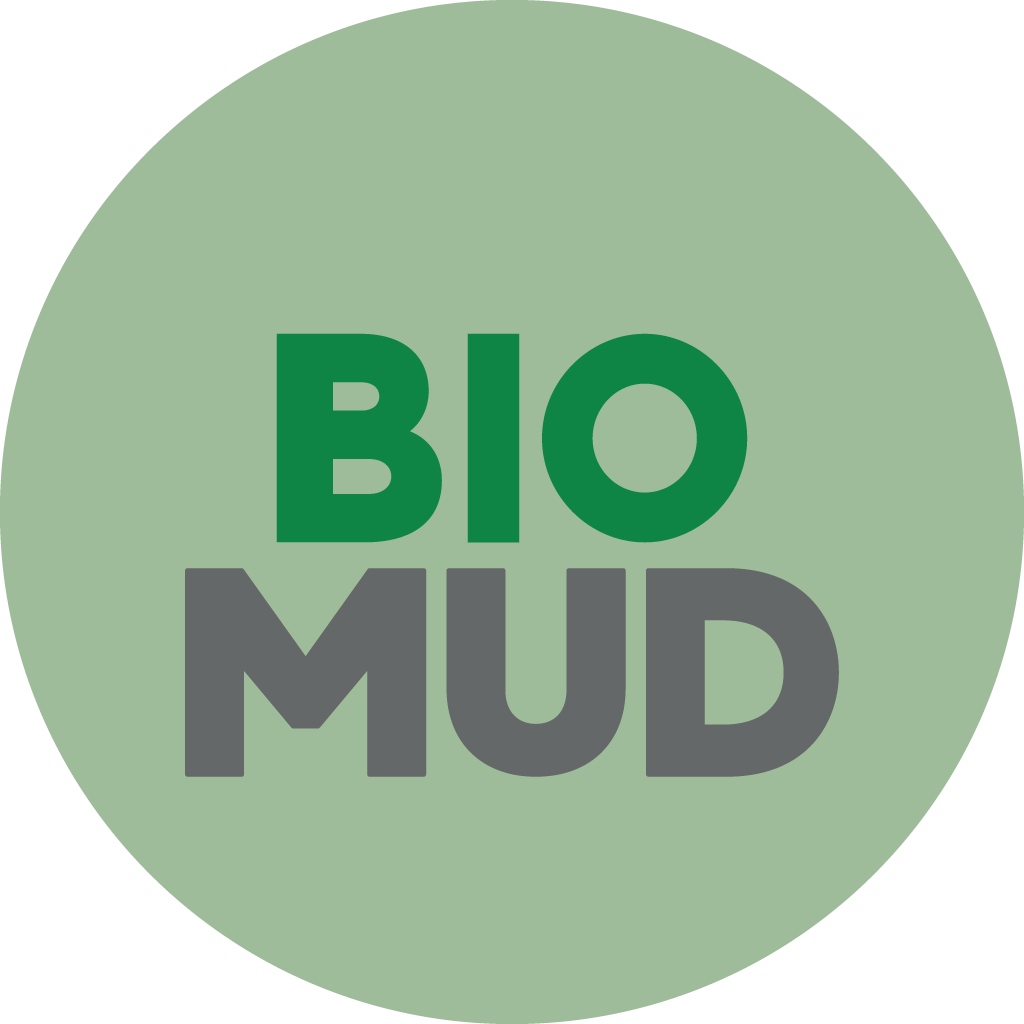BIOMUD
The microbial turnover of organic matter in surface waters is suspected to affect the processes of flocculation, sedimentation and consolidation of suspended particulate matter, leading to the formation of layers of different rheological properties in the transition zone between the water phase and the genuine river bed. Under anaerobic conditions, degradation of organic matter leads to gas formation, obstructing sonic depth finding, impeding sedimentation and delaying consolidation. Gas generation reduces sediment density, viscosity and shear strength, thereby impacting detection and maintenance of the navigable depth.
BIOMUD aims to elucidate the role of the physicochemical properties of the organic and mineral phases for organic matter degradability and to investigate their influence on the rheological properties of the corresponding fluid mud and sediment layers observed in situ. Research activities include field sampling and subsequent laboratory analyses, addressing, amongst others, the following aspects:
- Differences in the nature of organic matter and its biological degradability between the layers of suspended mud, fluid mud and sediment
- Relationship between the lability of organic matter and its physical and chemical properties
- Spatial and temporal differences of the nature of organic matter and its biological degradability
- Effect of biological activity on:
- Flocculation, sedimentation and consolidation of SPM
- Formation of layers of different rheological properties in transition zone between water phase and river bed (also see RHEOMUD).


